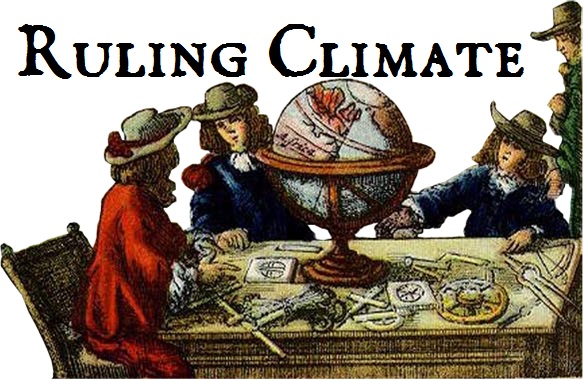Ruling Climate: the Theory and Practice of Environmental Governmentality, 1500-1800
DOI:
https://doi.org/10.31273/eirj.v3i1.129Keywords:
climate, environment, early modern, governmentality, determinismAbstract
This one-day conference brought together scholars from across Europe and North America to discuss the relationship between governments and the environment in the early modern period. Papers discussed competing conceptions of environmental and climatic models and their use as instruments of control to justify a variety of social and economic interventions. With early career, established and leading scholars discussing environmental governmentality in global contexts, from the sixteenth to the eighteenth centuries, the breadth of research at ‘Ruling Climate’ was testament to the vitality of the environmental humanities, and its current status as a leading movement in contemporary historical research.
Downloads

Published
Issue
Section
License
Authors who publish with this journal agree to the following terms:
Authors retain copyright and grant the journal right of first publication with the work simultaneously licensed under a Creative Commons Attribution License (CC-BY), which permits use and redistribution of the work provided that the original author and source are credited, a link to the license is included, and an indication of changes which were made. Third-party users may not apply legal terms or technological measures to the published article which legally restrict others from doing anything the license permits.
If accepted for publication authors’ work will be made open access and distributed under a Creative Commons Attribution (CC-BY) license unless previously agreed with Exchanges’ Editor-in-Chief prior to submission.
Authors are able to enter into separate, additional contractual arrangements for the non-exclusive distribution of the journal's published version of the work (e.g., post it to an institutional repository or publish it in a book), with an acknowledgement of its initial publication in this journal.
Authors are permitted and encouraged to post their work online (e.g., in institutional repositories or on their website) prior to and during the submission process, as it can lead to productive exchanges, as well as earlier and greater citation of published work. (see: The Effect of Open Access)
